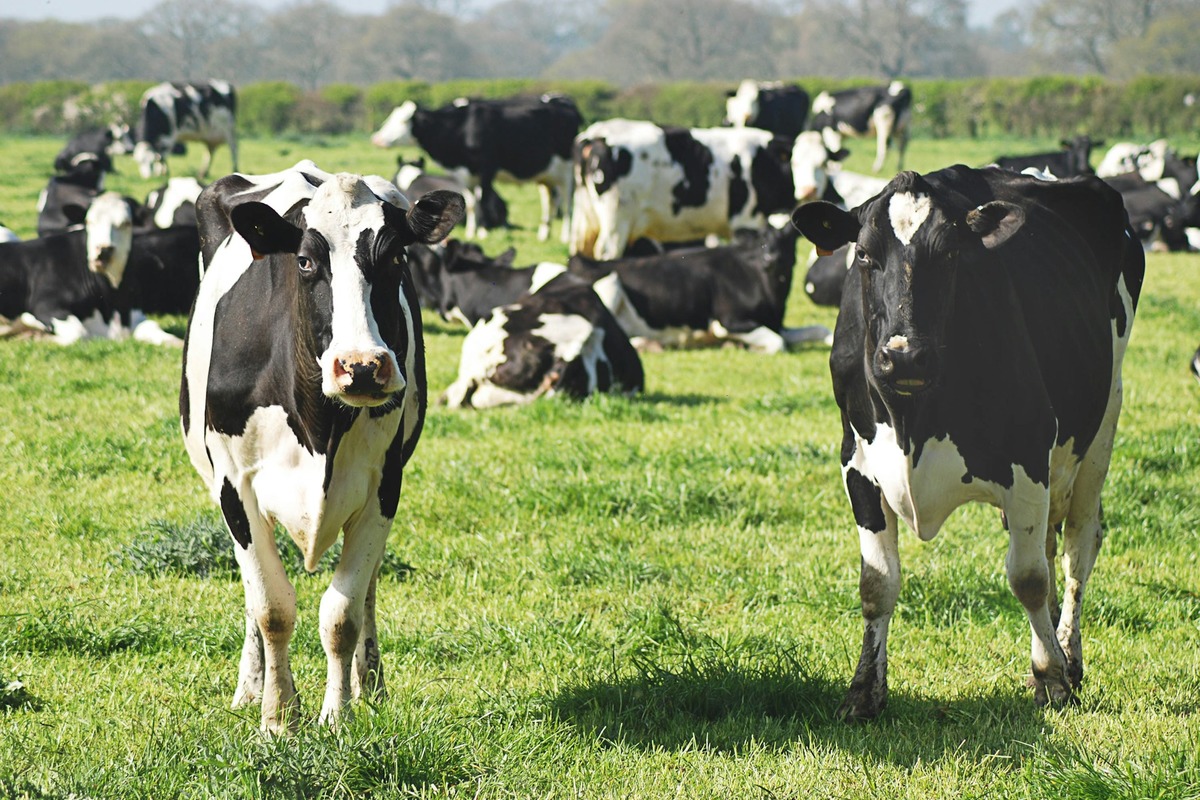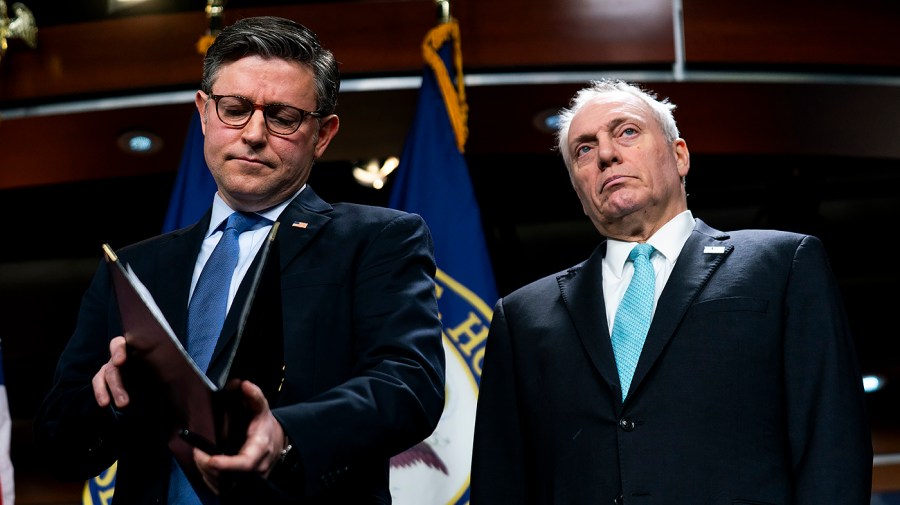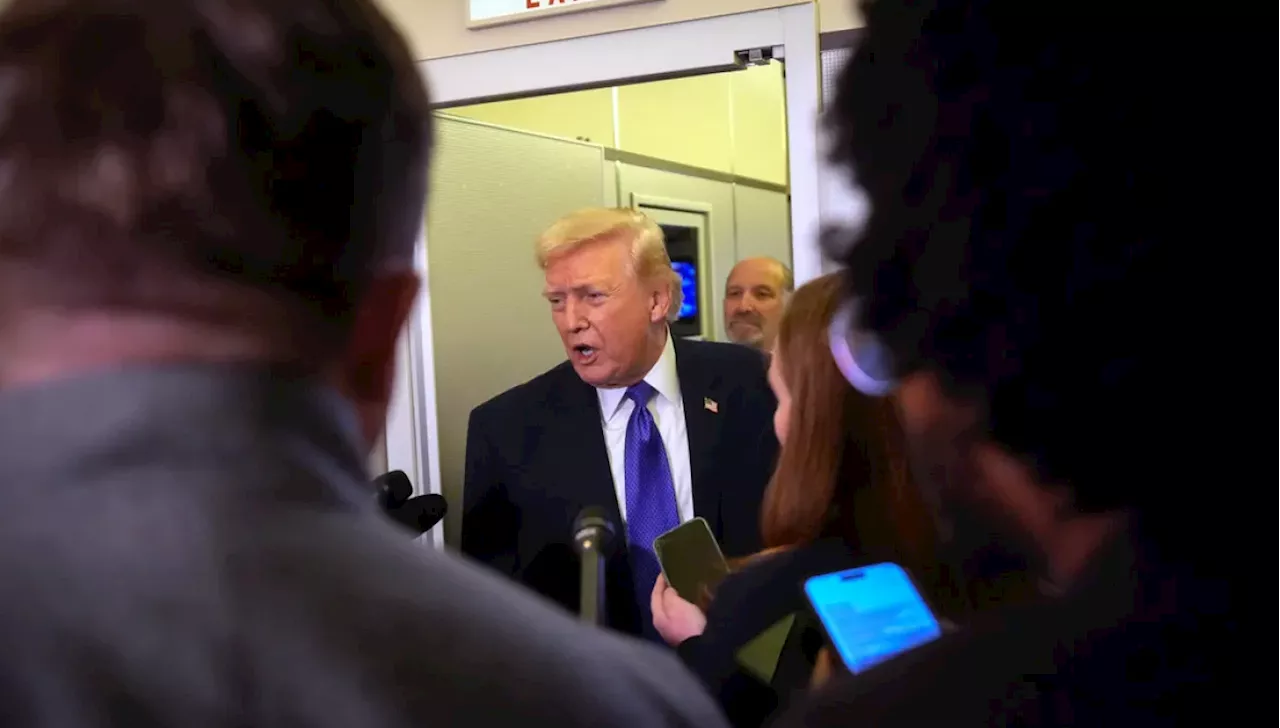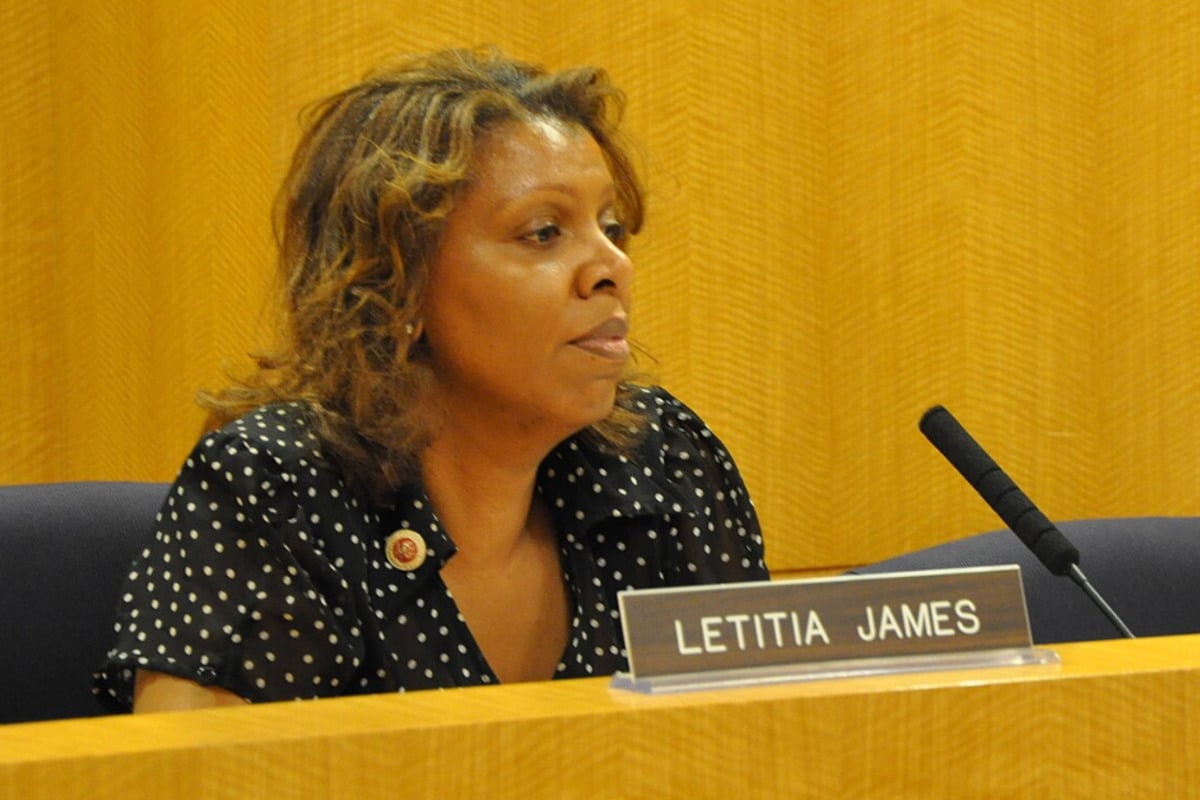Arizona cattle ranchers are expressing strong objections to President Donald Trump‘s recent proposal to import beef from Argentina as a means to lower consumer prices. The announcement has already led to a significant drop in beef futures, raising concerns among ranchers about the potential impacts on their livelihoods.
According to a statement obtained by ABC15, Brian DeGanahl, a third-generation rancher and president of the Arizona Cattle Growers Association, highlighted that Trump’s comments have sent shockwaves through an industry already struggling with thin profit margins. DeGanahl, who spends his days managing his herd and overseeing essential tasks such as branding and vaccinating calves, noted that recent profit increases suggest a self-correcting market. He cautioned that the proposed imports could jeopardize the livelihoods of American ranchers.
“90% of cattle ranchers are Trump voters,” DeGanahl remarked. “But this was something that we have to call him on and say no, we don’t agree.” His comments reflect a growing frustration within the ranching community regarding government policies that may not align with their interests.
Some ranchers support the view that current beef prices, which are approximately 12% higher than last year, according to the Bureau of Labor Statistics, stem from various factors beyond simple supply and demand. Tim Petersen, vice president of the Arizona Cattle Growers Association, emphasized the ongoing challenges of persistent drought conditions and rising operational costs faced by the industry.
In addition, Ben Menges, an eastern Arizona rancher, offered a practical perspective on beef pricing, comparing the cost of one pound of ground beef to that of a popular seasonal beverage. “I did want to say that the price of one pound of ground beef is about the same price as a pumpkin spice latte, so it’s not that expensive,” Menges stated. He advocated for the government to focus on alleviating regulatory barriers instead of pursuing imports, which he believes would better support local herds and ultimately reduce prices.
The concerns raised by these ranchers highlight a larger economic debate surrounding self-reliance and market influences versus government strategies aimed at reducing consumer costs through imports. The current cattle population has reached its lowest levels since the 1950s, as reported by the U.S. Department of Agriculture, making this a critical time for the industry and the nation’s approach to beef supply.
As of October 24, 2023, President Trump had yet to make any official decisions regarding the proposed imports from Argentina, leaving ranchers anxious about the potential implications for their industry. The unfolding situation remains a focal point for discussions about the future of American agriculture and the balance between consumer prices and domestic production.







